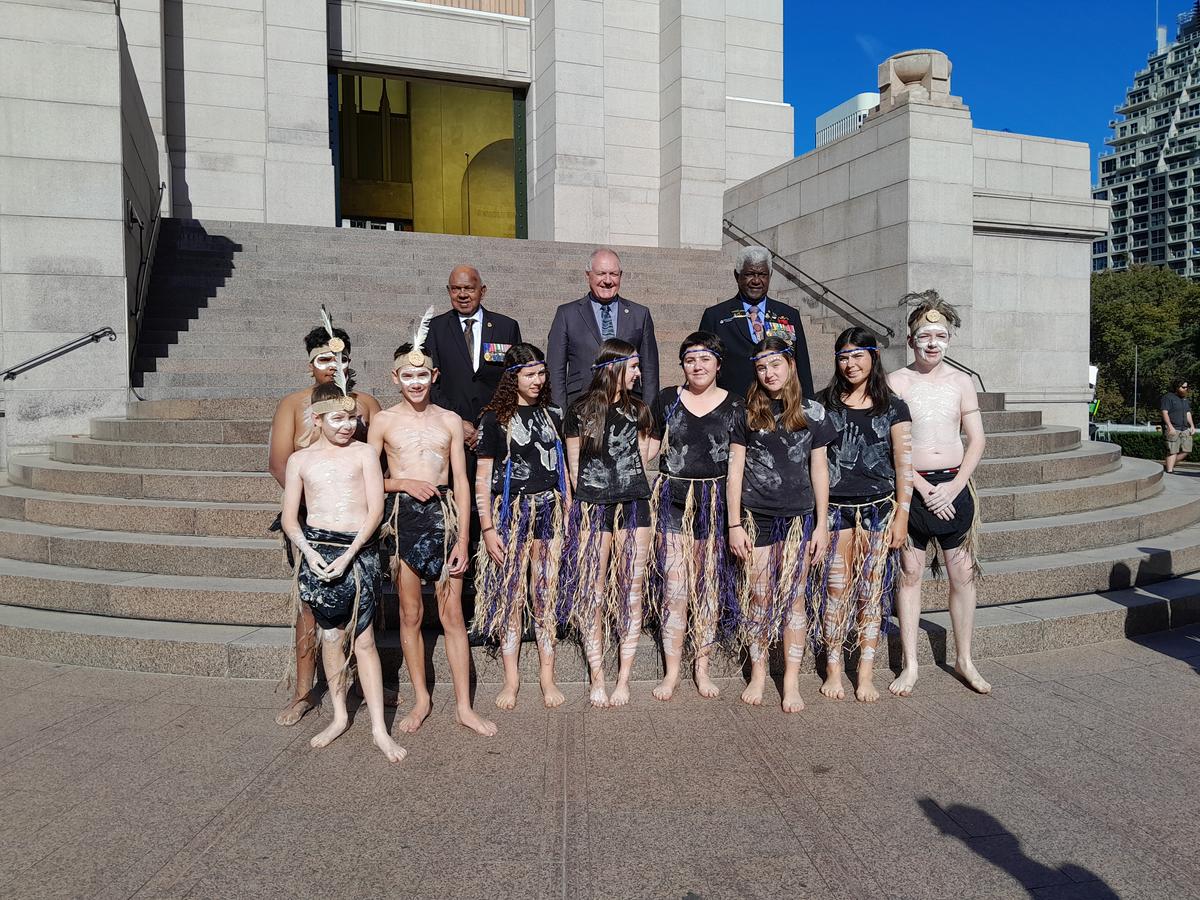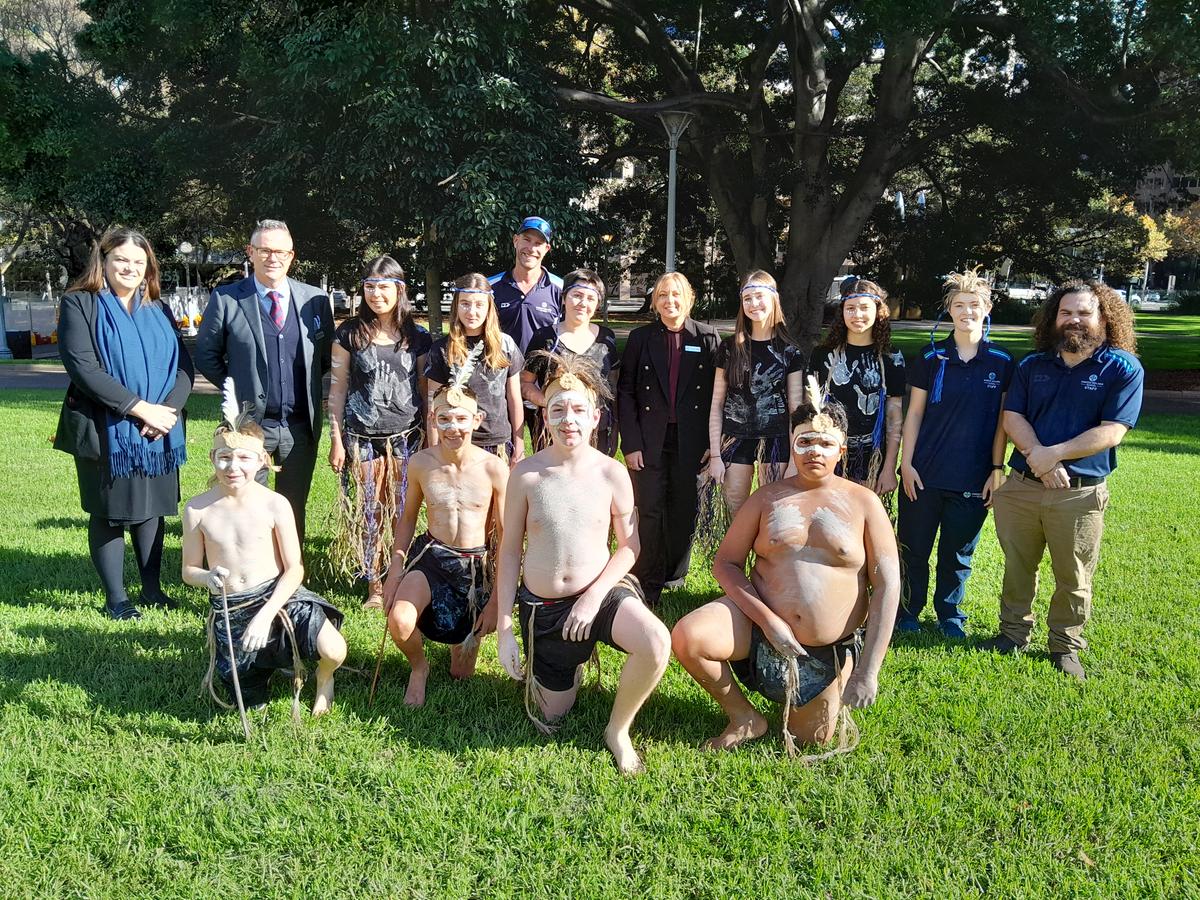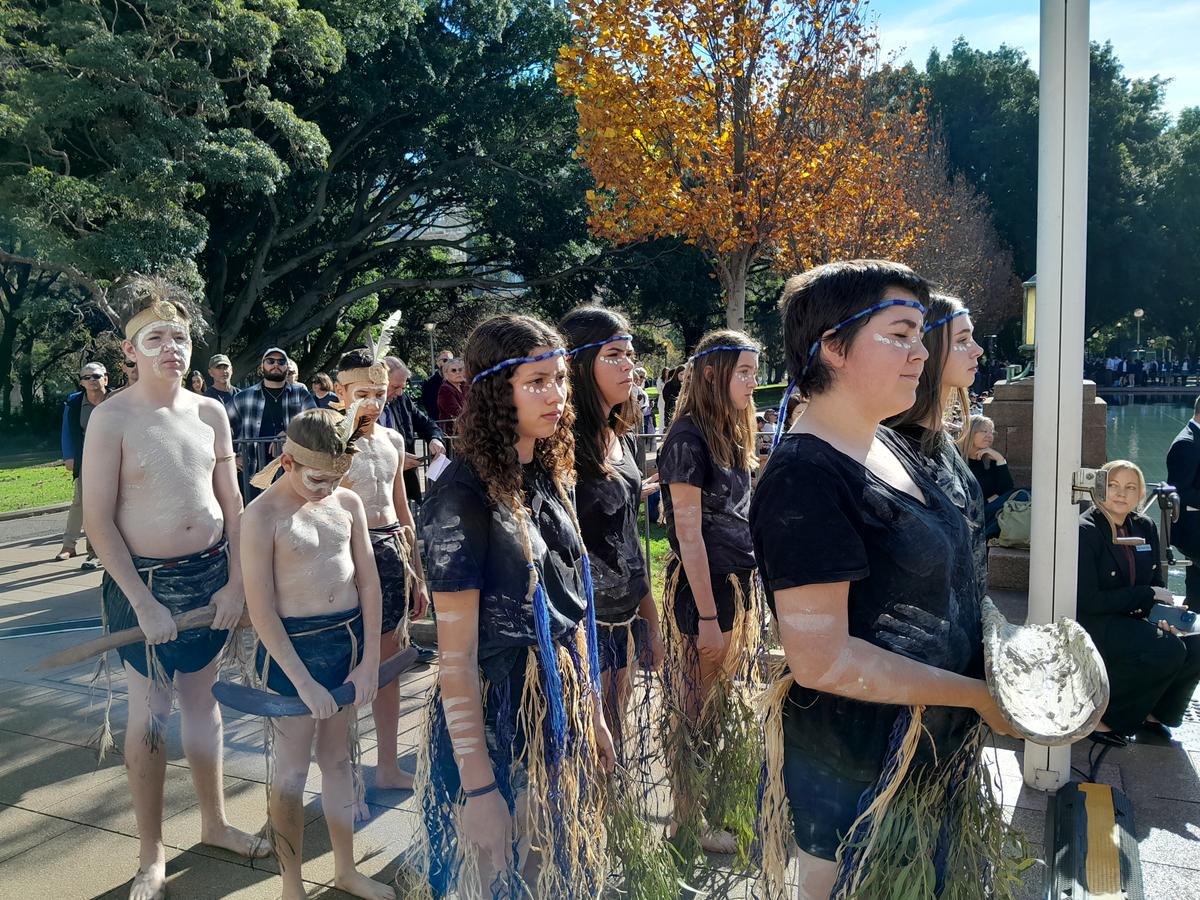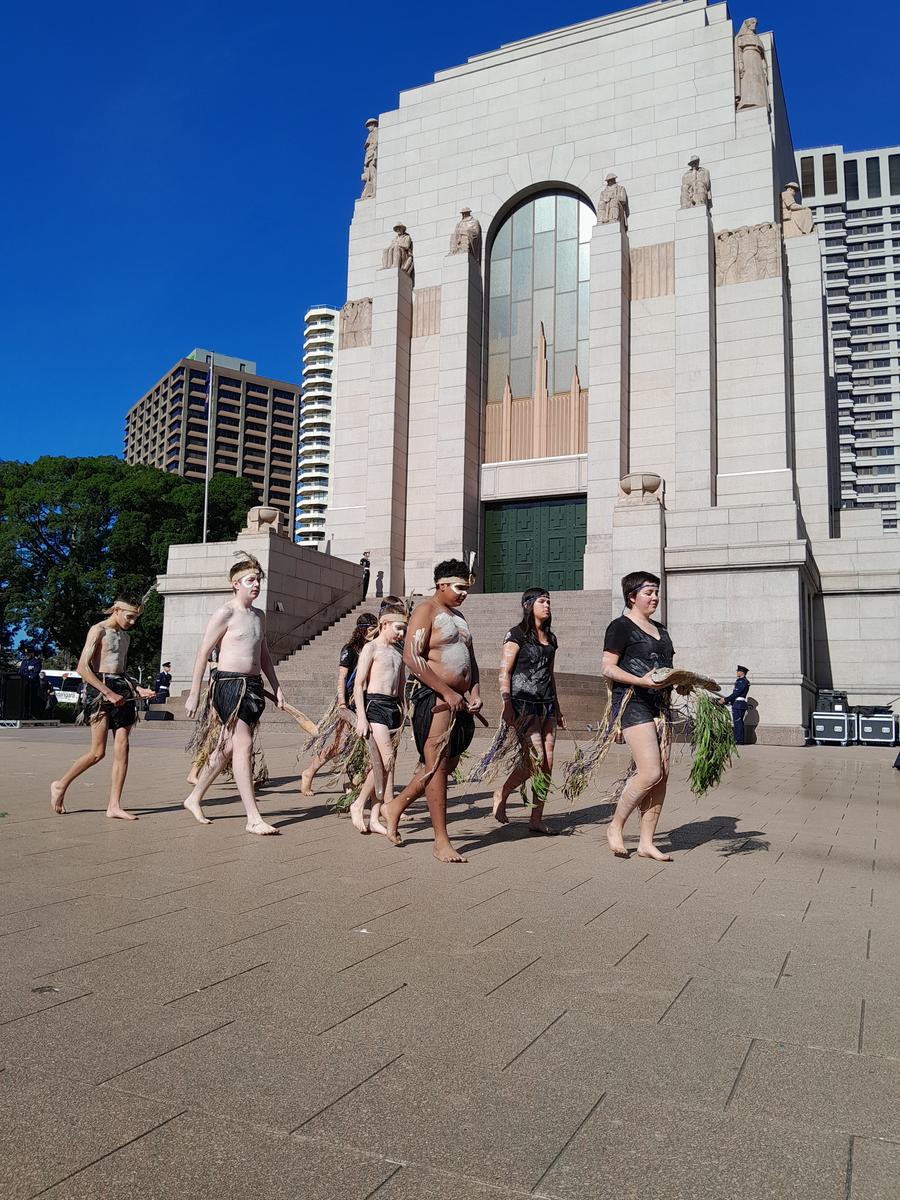From the Principal
Dr Andrew Parry

From the Principal
Dr Andrew Parry
This week, I commend to you a timely and thoughtful article by renowned adolescent psychologist Michael Carr-Gregg, published in the Sydney Morning Herald, titled “Adulthood is chock-full of disappointment. Our kids need to face the truth.”
Carr-Gregg reminds us of a truth every adult knows well: life does not always go to plan. Disappointment—whether from a lost opportunity, a poor result, or an unexpected setback—is part of the human condition. And yet, in our efforts to shield young people from distress, we may unintentionally deprive them of vital life lessons. His article powerfully argues that learning to navigate disappointment with support and perspective is an essential part of growing up.
As parents and educators, our instinct is to protect the children in our care. But Carr-Gregg urges us to resist the temptation to step in too quickly when things go wrong. Instead, he encourages us to help our young people build emotional literacy—the capacity to name, manage and learn from their feelings. In doing so, we equip them with the resilience and coping skills they will need not just for school, but for the rest of their lives.
Our role is not to remove the struggle, but to walk alongside our children through it. We must offer steady support, model calm and constructive responses, and encourage reflection rather than reaction.
In a world that can be unpredictable and, at times, unfair, preparing our children to cope with disappointment is not a failure of care—it is an act of deep love and wisdom. I encourage you to take a few minutes to read Carr-Gregg’s piece. Its message is one we all need to hear and, more importantly, to pass on to the young people we are raising.
It is reproduced below ...
Adulthood is chock-full of disappointment. Our kids need to face the truth.
James Sicily, the captain of my beloved Hawthorn, is lining up for a crucial set shot at goal with just 63 seconds remaining in the 2024 AFL semi-final against Port Adelaide. He hits the post and, ultimately, the Hawks lose the match by three points, ending our finals campaign.
There was one emotion that united all Hawks fans at that moment, and it was disappointment. Whether it’s a missed goal, a failed exam, or the cancellation of a long-anticipated event, disappointment is woven into the fabric of life.


Yet, in my decades of working with young people, I have witnessed a growing reluctance – among parents and society at large – to allow children to experience and learn from disappointment. Instead, we rush to shield them, to smooth the path, and to rescue them at the first sign of distress. In doing so, we rob them of one of life’s most important teachers.
Disappointment, far from being an enemy, is a practice lap for adulthood – a necessary training ground where young people develop the resilience, perspective, and coping skills that will serve them throughout their lives.
When we allow young people to encounter disappointment, we give them the opportunity to process and label emotions. This emotional literacy is a cornerstone of mental health.
Each setback, when navigated with support rather than avoidance, becomes a stepping stone towards greater resilience. The ability to bounce back from disappointment is a skill that will be called upon repeatedly in adult life.
‘Emotional literacy is a cornerstone of mental health.’
Disappointment teaches young people that setbacks are not the end of the world. It encourages them to step back, assess situations objectively, and reframe negative experiences in a constructive light.
Learning to manage disappointment without immediate adult intervention fosters autonomy and problem-solving skills – qualities essential for successful adulthood.
In recent years, there has been a well-intentioned but ultimately misguided trend towards overprotection. Parents, anxious to spare their children pain, intervene at the first sign of trouble – calling teachers to dispute grades, negotiating with coaches for more playing time, or simply removing obstacles altogether. This concierge parenting can go too far, undermining the authority and boundaries that young people need to thrive.
The result? A generation less equipped to handle life’s inevitable disappointments. When children are not allowed to fail, they do not learn that failure is survivable. When every setback is cushioned, they miss the chance to develop the grit and tenacity that adulthood demands.
So, what advice can this heritage-listed child and adolescent psychologist give parents when their offspring has to face disappointment?
First, resist the urge to immediately fix the problem. Step back and allow your child time to process their feelings and find the words to express them.
Next, help them assess the situation objectively. A reality check gets them to evaluate whether it is really as bad as it seems.
Importantly, don’t let disappointment fester into resentment or anxiety. Encourage constructive reflection rather than rumination.
Finally, do talk about it when they are ready, as encouraging expression can help young people process disappointment in a healthy way. Young people work much better as processing plants for emotions than sterile containers.
Simple techniques, such as deep breathing, can help manage the physiological response to disappointment, keeping young people in “thinking mode” rather than “reaction mode”.
Adulthood is not a series of uninterrupted triumphs. It is, more often, a journey marked by challenges, setbacks, and the need for adaptation. By allowing our children to experience and learn from disappointment, we are not being cruel – we are preparing them for reality. We are teaching them that randomness and chaos happen in the universe, that life can be tough, that things can go wrong, and that what matters most is how we respond.
As parents and caregivers, our role is not to eliminate disappointment but to walk alongside our young people as they navigate it. We must model resilience, encourage positive thinking, and provide the support they need to emerge stronger from each setback.
James Sicily will have other kicks, and Hawthorn will rise again, just as our children will face new challenges and setbacks. If we can teach them to greet disappointment not with fear or avoidance but with courage and curiosity, we will have given them a gift far greater than any fleeting victory.
Michael Carr-Gregg is an adolescent psychologist and the author of 14 books on mental health.
A celebration of School Spirit and Horsemanship
Over the past few days I had the immense pleasure of supporting our Equestrian team at the NorthWest Equestrian Expo which is staged annually in Coonabarabran. Our team of 32 riders was one of the largest school contingents at the event and all represented Kinross Wolaroi with distinction. The NorthWest Expo is Australia’s largest and longest running inter-school equestrian competition with 2025 marking its 33rd year. It has become a much-loved annual tradition held in either May or June and brings together students, schools, horses and families from across New South Wales and beyond.
The event has continued to grow over the years and attracts up to 600 enthusiastic and passionate young riders who compete in a multitude of equestrian events. Today the Expo is a five-day celebration of skill, determination and sportsmanship. In addition to the traditional events such as hacking, sporting, jumping and team events, the Expo also features polocrosse, team penning, dressage, the working horse challenge, the Expo gymkhana, pentathlon and the uniquely local Warrumbungles Way trail.
Beyond the competition, the Expo is a social highlight for rural communities, where friendships are forged, school spirit is on show, and young riders have the opportunity to challenge themselves in a welcoming, competitive environment. Our Team and families greatly enjoy their time together as they supported their children and shared meals and good company in the evening. I greatly enjoyed observing our senior students helping and encouraging our younger members throughout the competition. A spirit of friendship and support was highly evident and I congratulate our Seniors and team captain, Isabella Lloyd George, for creating such a positive and affirming environment.
Attending and competing in such events requires a great deal of organisation and support. Thank you to our marvellous parents whose ongoing encouragement and attention to detail ensured our riders could perform at their best. Particular mention must be made of our Equestrian MIC, Bardi Mannix, and our former equestrian parents, Sarah Woodhouse and Rachael Goodsir, whose support, leadership, planning and care of our students has been invaluable.
Thank you.
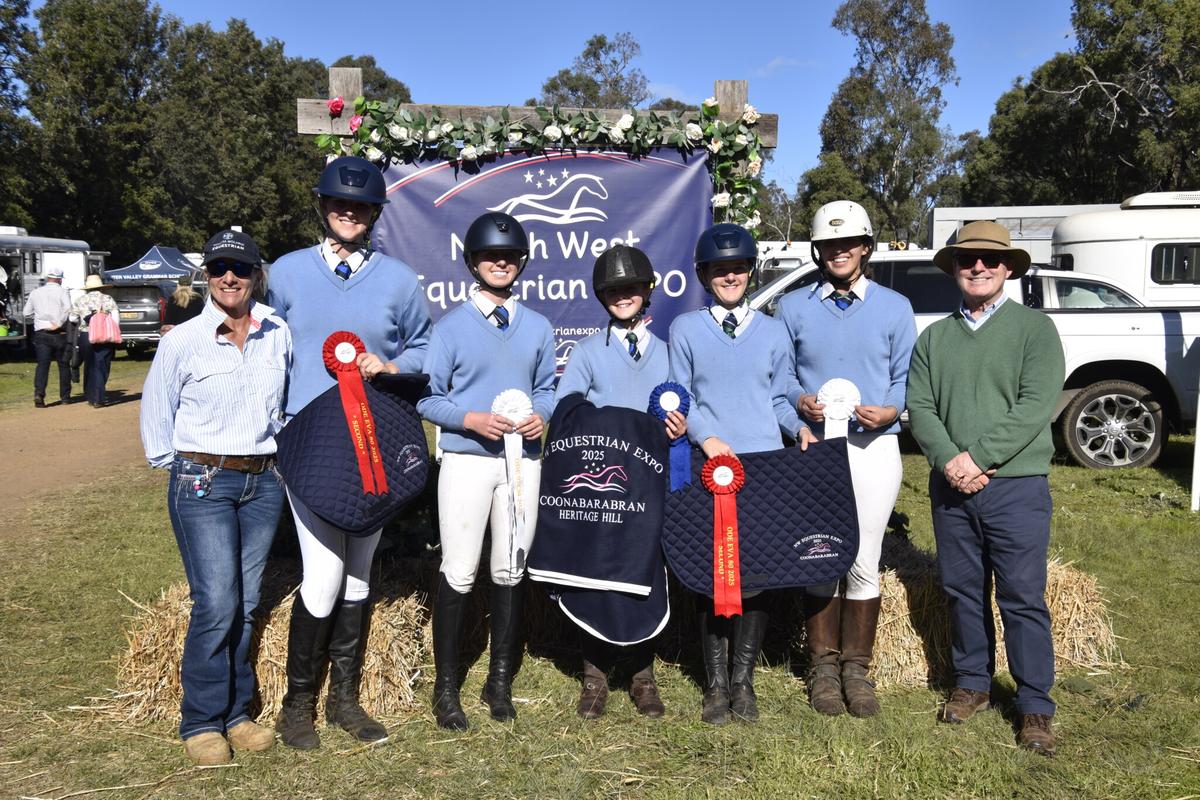
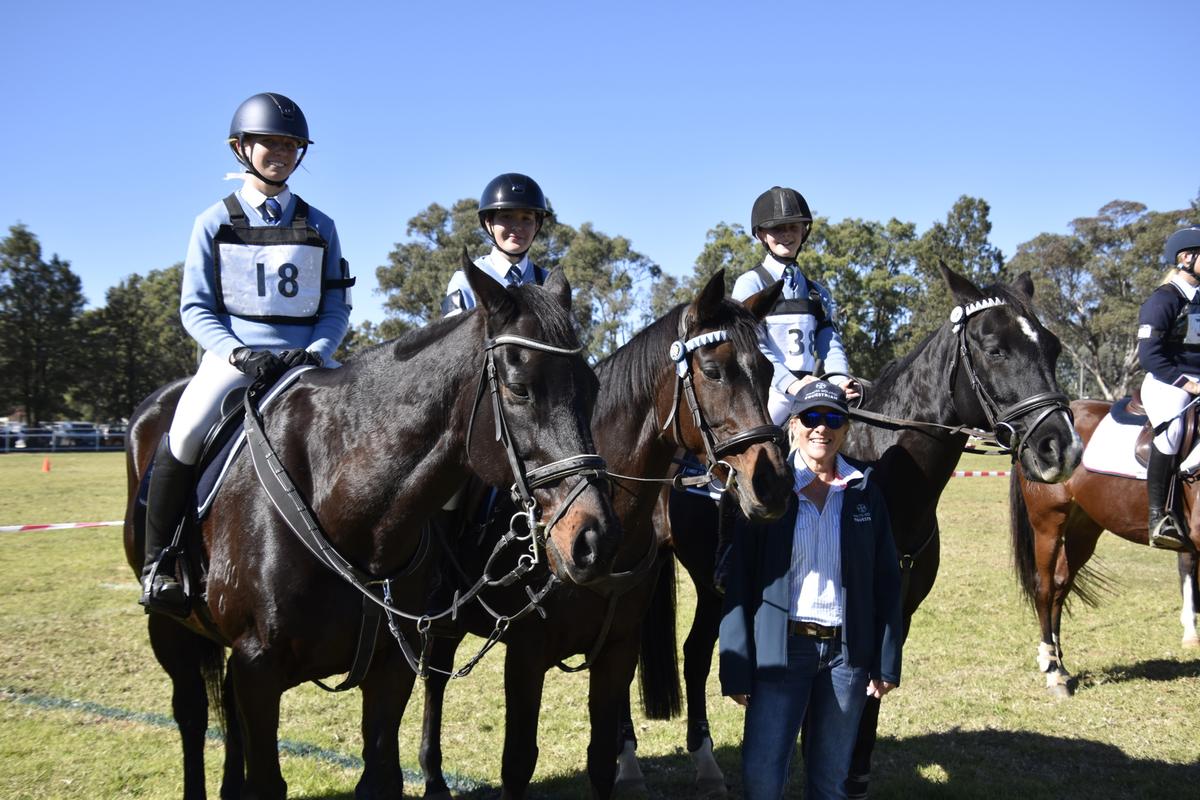
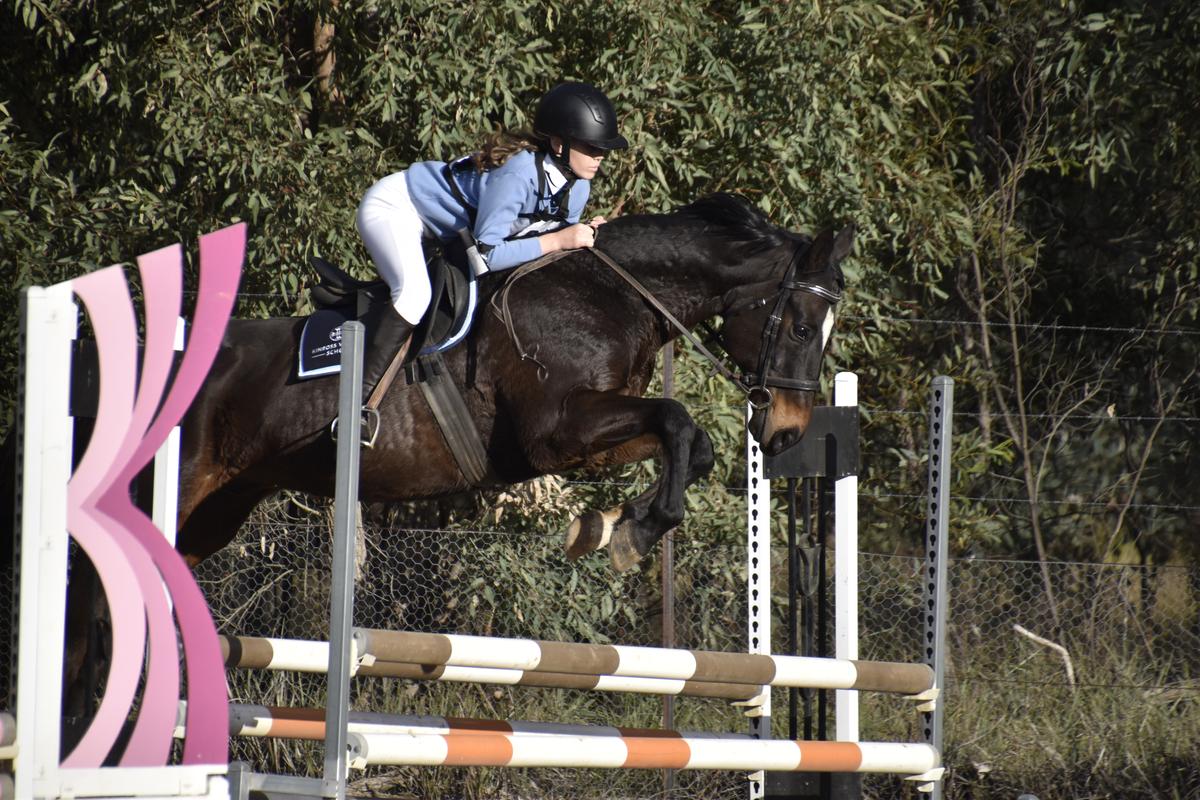
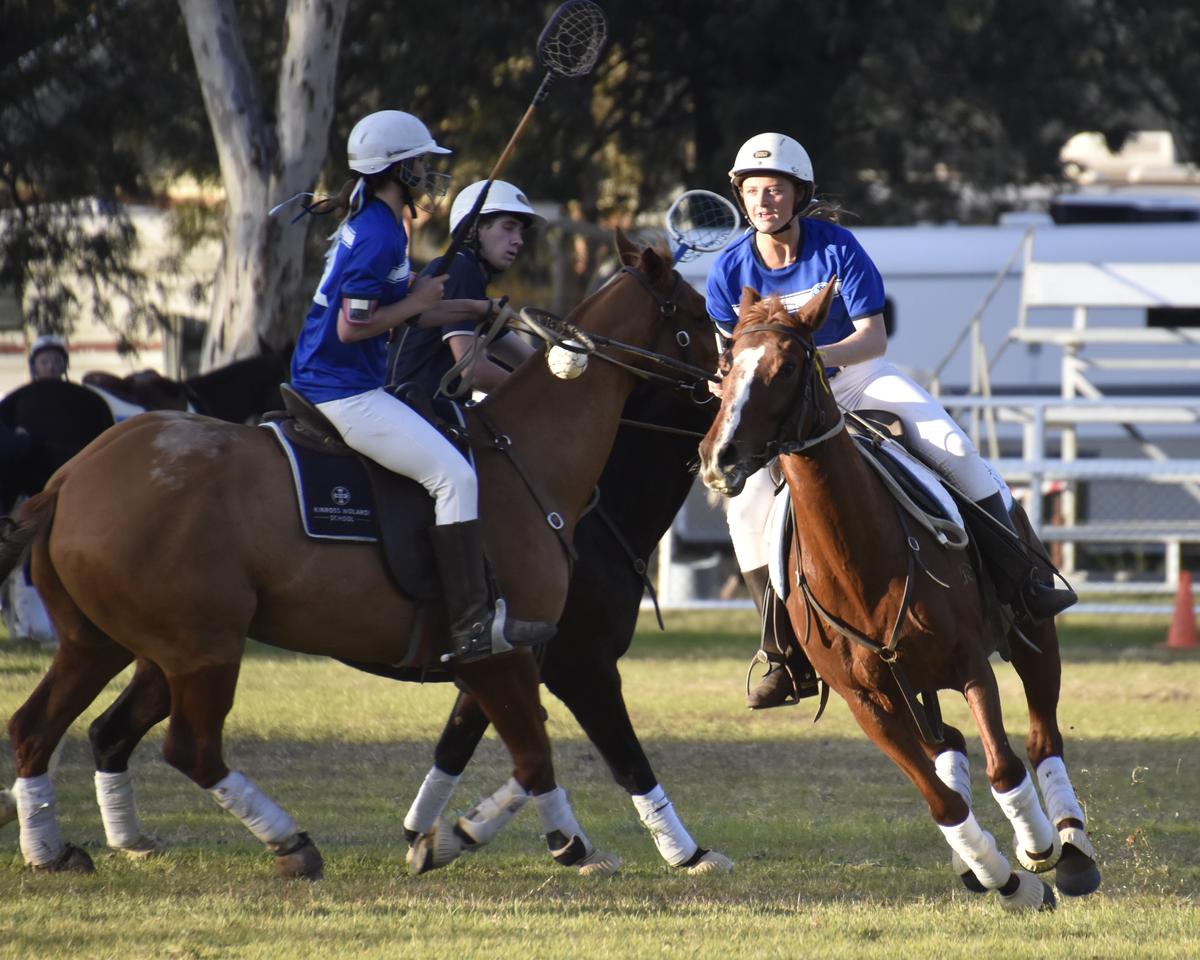
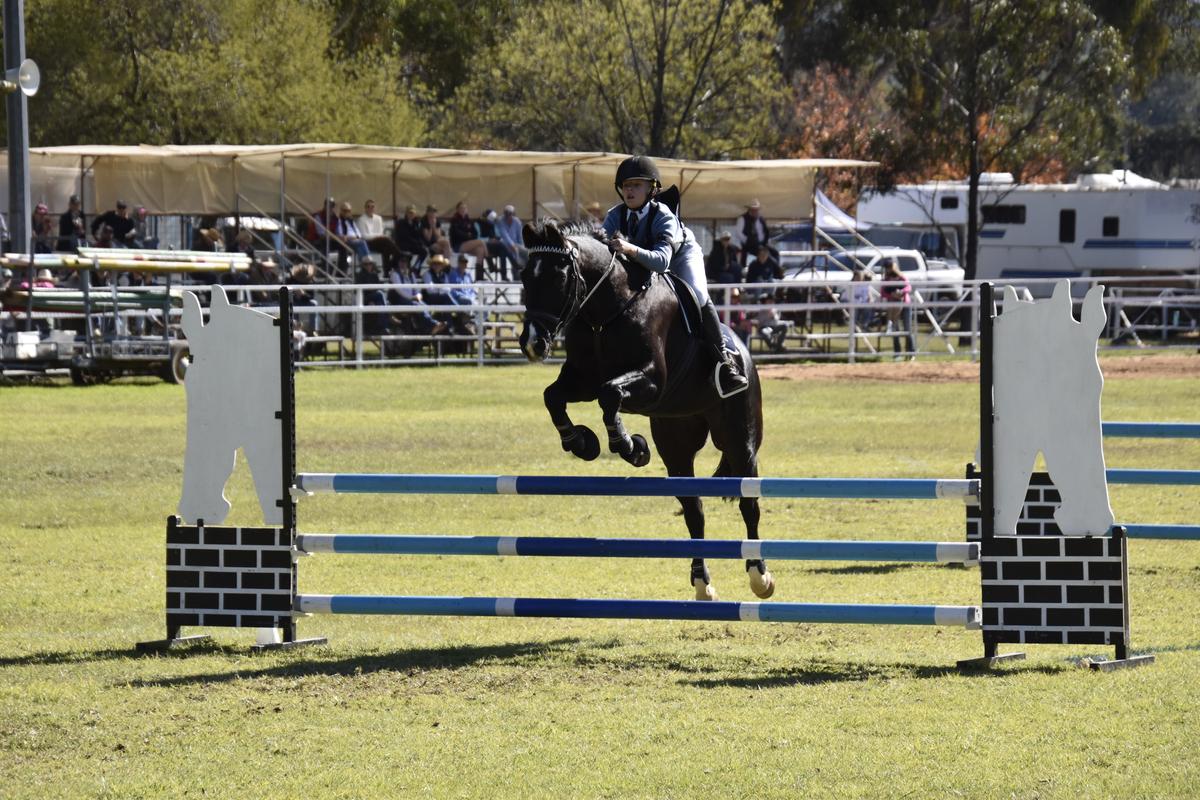





Indigenous Dance Students – Indigenous Veterans Commemoration Service
On Friday 30 May, the Veterans Affairs Department invited Kinross Wolaroi School's Indigenous students to participate in a commemorative service for Aboriginal and Torres Strait Islanders who served in war. This was held at the Anzac Memorial in Hyde Park, Sydney. The ceremony was attended by ex-servicemen and women, dignitaries from Veteran Affairs and a number of schools from across the state.
The students performed a dance for the occasion with traditional dress and ochre, dancing to Amazing Grace sung in First Nations language by Geoffrey Gurrumul Yunupingu.
The students did themselves, the school and their culture proud. Members of the public and community expressed their gratitude for the students' performance.
Our Indigenous student support team of Mr Lee Taylor and Mr Corey McLean were humbled by the occasion and extremely proud for the Kinross Wolaroi students who performed.
